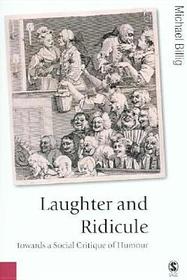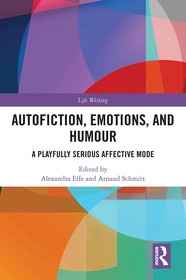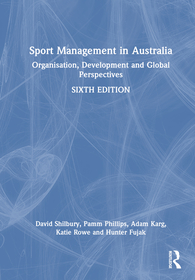
Laughter and Ridicule
Towards a Social Critique of Humour
Sorozatcím: Published in association with Theory, Culture & Society;
-
20% KEDVEZMÉNY?
- A kedvezmény csak az 'Értesítés a kedvenc témákról' hírlevelünk címzettjeinek rendeléseire érvényes.
- Kiadói listaár GBP 59.00
-
28 187 Ft (26 845 Ft + 5% áfa)
Az ár azért becsült, mert a rendelés pillanatában nem lehet pontosan tudni, hogy a beérkezéskor milyen lesz a forint árfolyama az adott termék eredeti devizájához képest. Ha a forint romlana, kissé többet, ha javulna, kissé kevesebbet kell majd fizetnie.
- Kedvezmény(ek) 20% (cc. 5 637 Ft off)
- Kedvezményes ár 22 550 Ft (21 476 Ft + 5% áfa)
Iratkozzon fel most és részesüljön kedvezőbb árainkból!
Feliratkozom
28 187 Ft

Beszerezhetőség
Megrendelésre a kiadó utánnyomja a könyvet. Rendelhető, de a szokásosnál kicsit lassabban érkezik meg.
Why don't you give exact delivery time?
A beszerzés időigényét az eddigi tapasztalatokra alapozva adjuk meg. Azért becsült, mert a terméket külföldről hozzuk be, így a kiadó kiszolgálásának pillanatnyi gyorsaságától is függ. A megadottnál gyorsabb és lassabb szállítás is elképzelhető, de mindent megteszünk, hogy Ön a lehető leghamarabb jusson hozzá a termékhez.
A termék adatai:
- Kiadás sorszáma First Edition
- Kiadó SAGE Publications Ltd
- Megjelenés dátuma 2005. július 21.
- ISBN 9781412911436
- Kötéstípus Puhakötés
- Terjedelem272 oldal
- Méret 234x156 mm
- Nyelv angol 0
Kategóriák
Rövid leírás:
This delightful, thought-provoking book tackles head-on the assumption that laughter and humour are necessarily good in themselves. The author proposes a social theory that places humour central to social life. Billig argues that all cultures use ridicule as a disciplinary means to uphold norms of conduct and conventions of meaning.
Több
Hosszú leírás:
`From Thomas Hobbes' fear of the power of laughter to the compulsory, packaged "fun" of the contemporary mass media, Billig takes the reader on a stimulating tour of the strange world of humour. Both a significant work of scholarship and a novel contribution to the understanding of the humourous, this is a seriously engaging book' - David Inglis, University of Aberdeen
This delightful book tackles the prevailing assumption that laughter and humour are inherently good. In developing a critique of humour the author proposes a social theory that places humour - in the form of ridicule - as central to social life. Billig argues that all cultures use ridicule as a disciplinary means to uphold norms of conduct and conventions of meaning.
Historically, theories of humour reflect wider visions of politics, morality and aesthetics. For example, Bergson argued that humour contains an element of cruelty while Freud suggested that we deceive ourselves about the true nature of our laughter. Billig discusses these and other theories, while using the topic of humour to throw light on the perennial social problems of regulation, control and emancipation.
TöbbTartalomjegyzék:
Introduction
A Critique of Positive Humour
PART ONE: HISTORICAL ASPECTS
Superiority Theories
Hobbes and other Misogelasts
Incongruity Theories and Gentlemanly Laughter
Victorian Relief Theory
Bergson and the Function of Humour
Freud and the Hidden Secrets of Jokes
PART TWO: THEORETICAL ASPECTS
Laughter and Unlaughter
Embarrassment, Humour and the Social Order
Final Remarks






